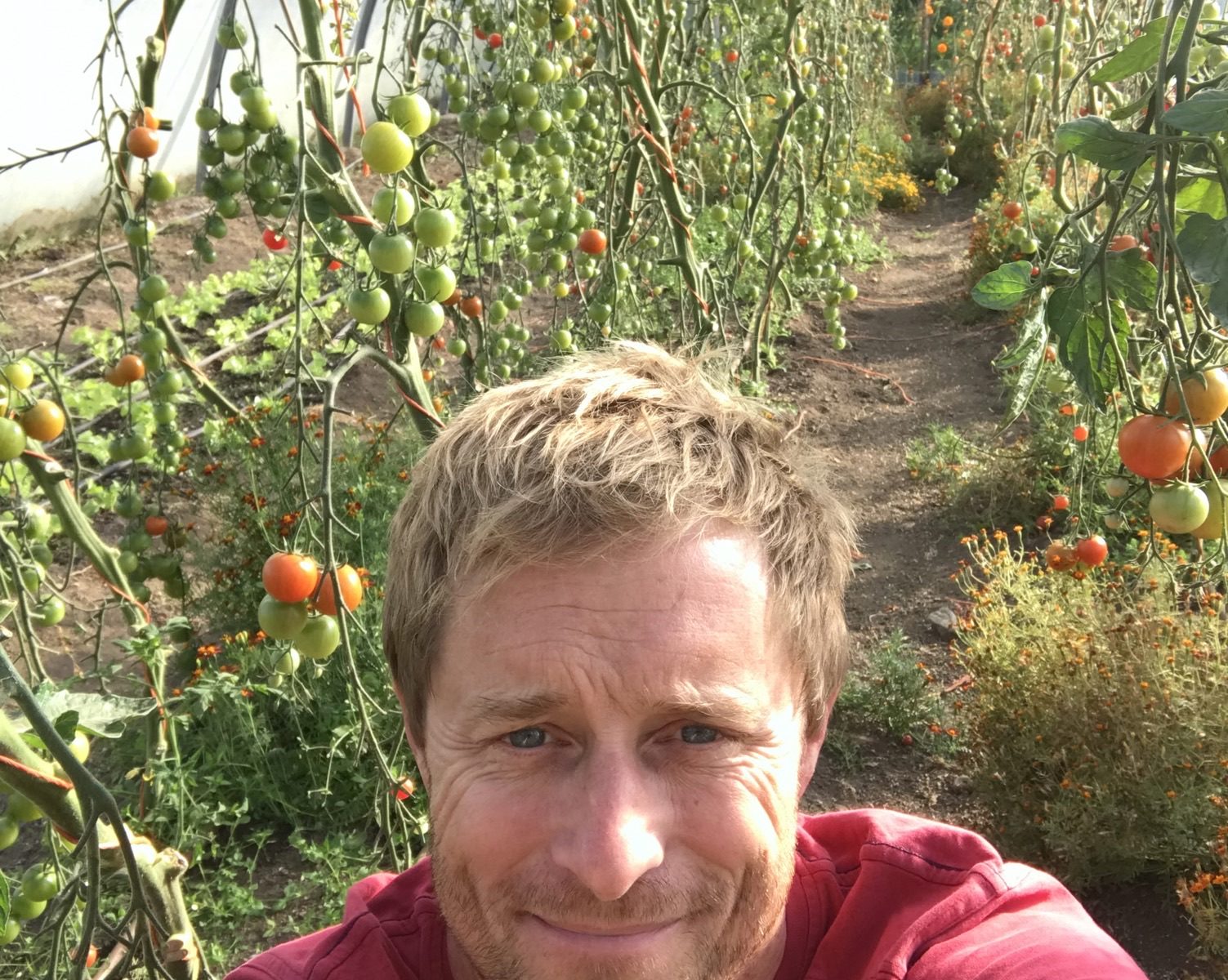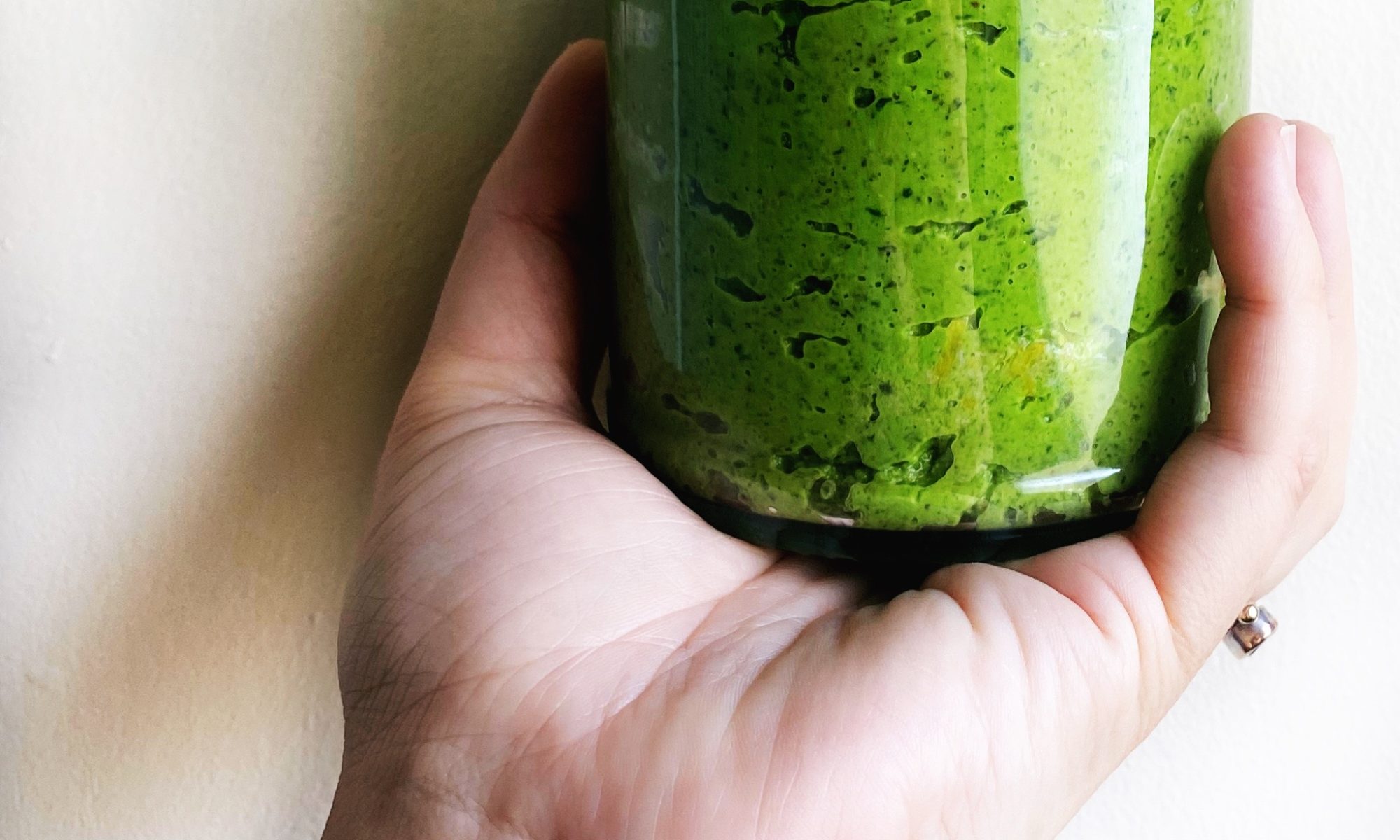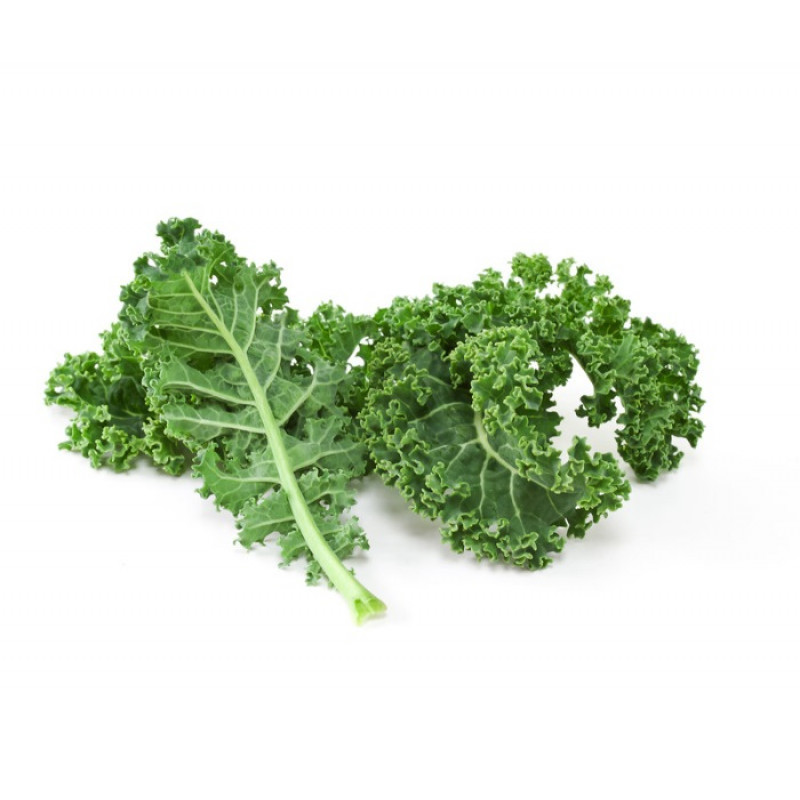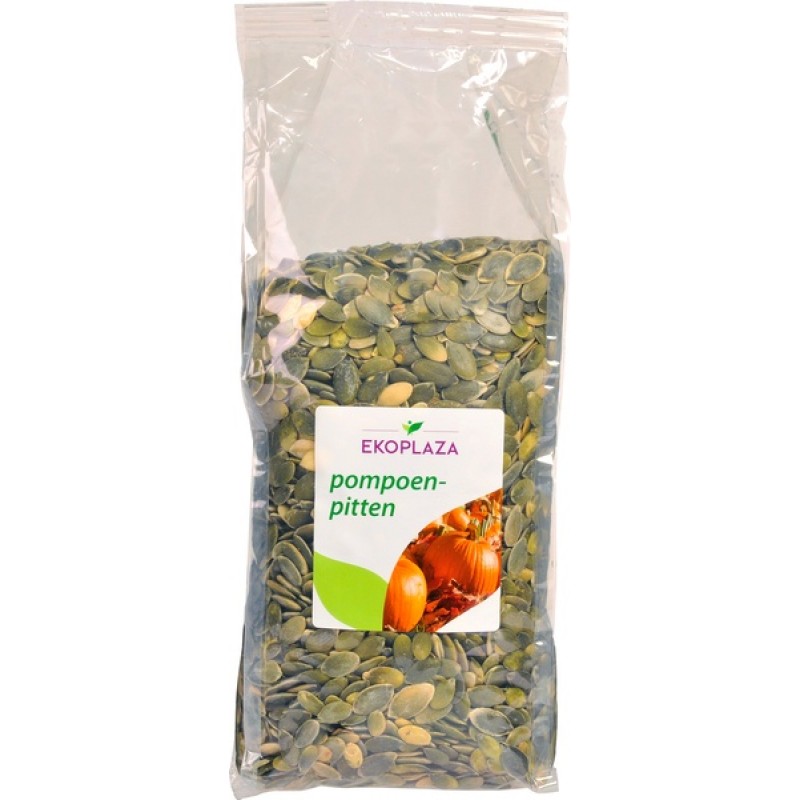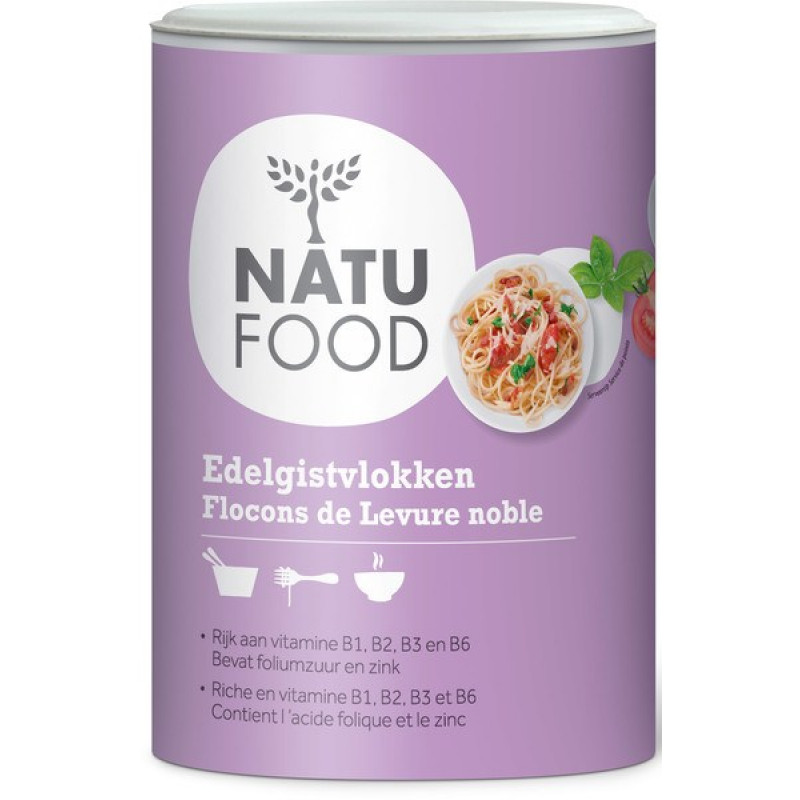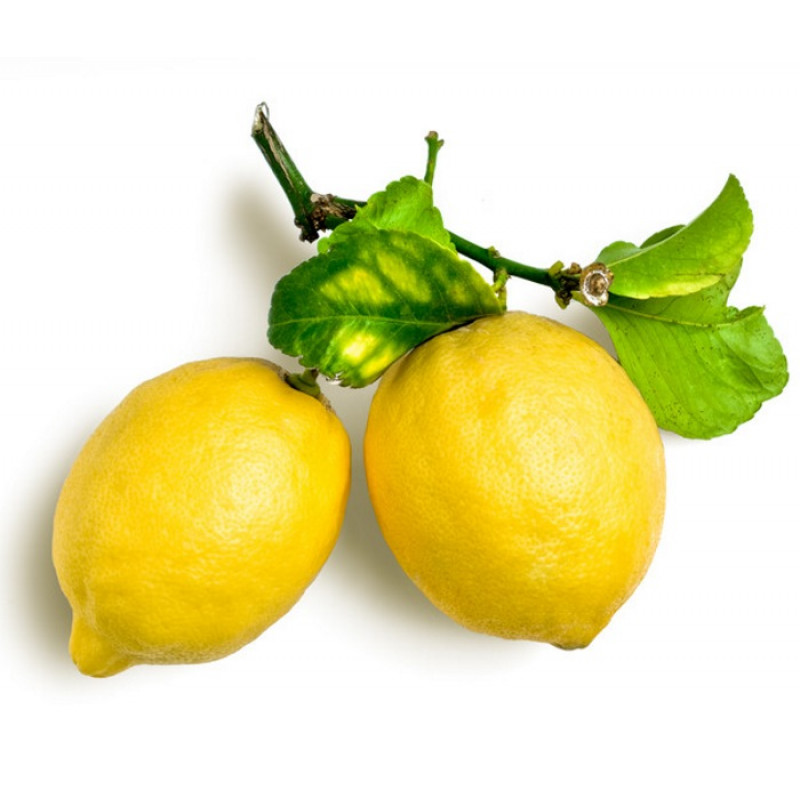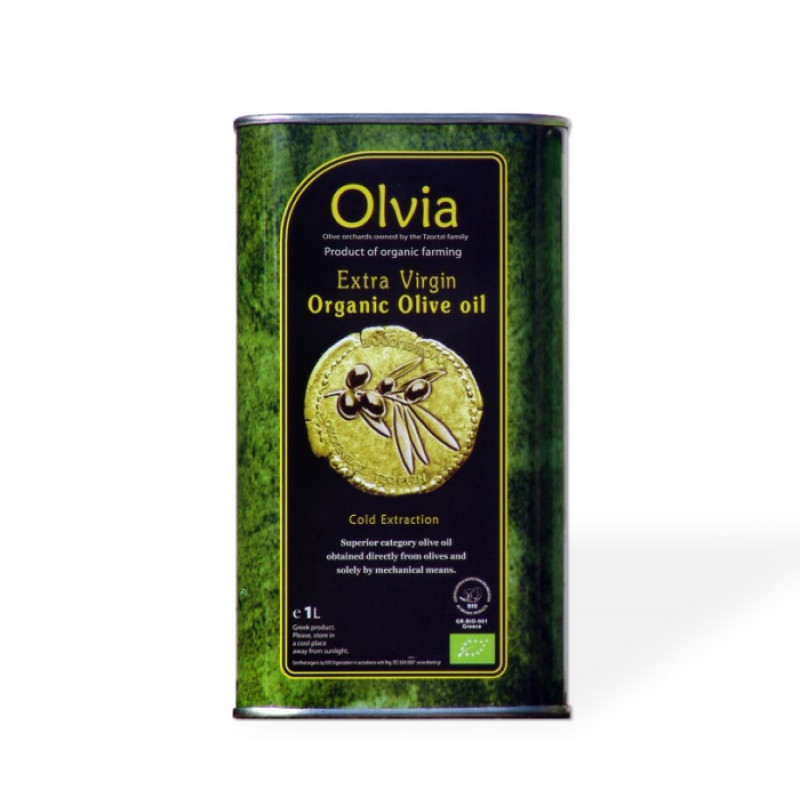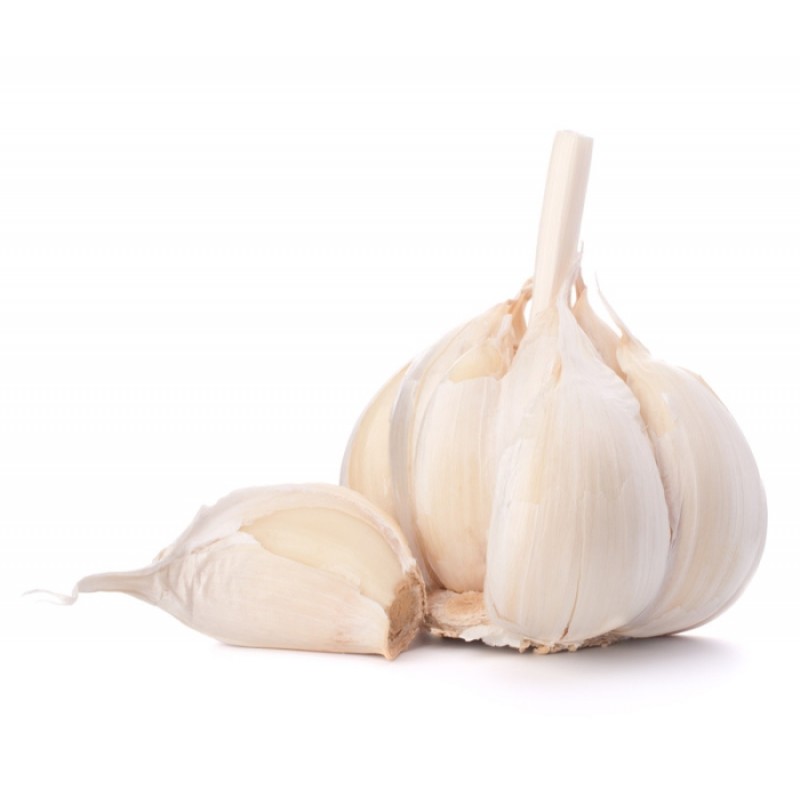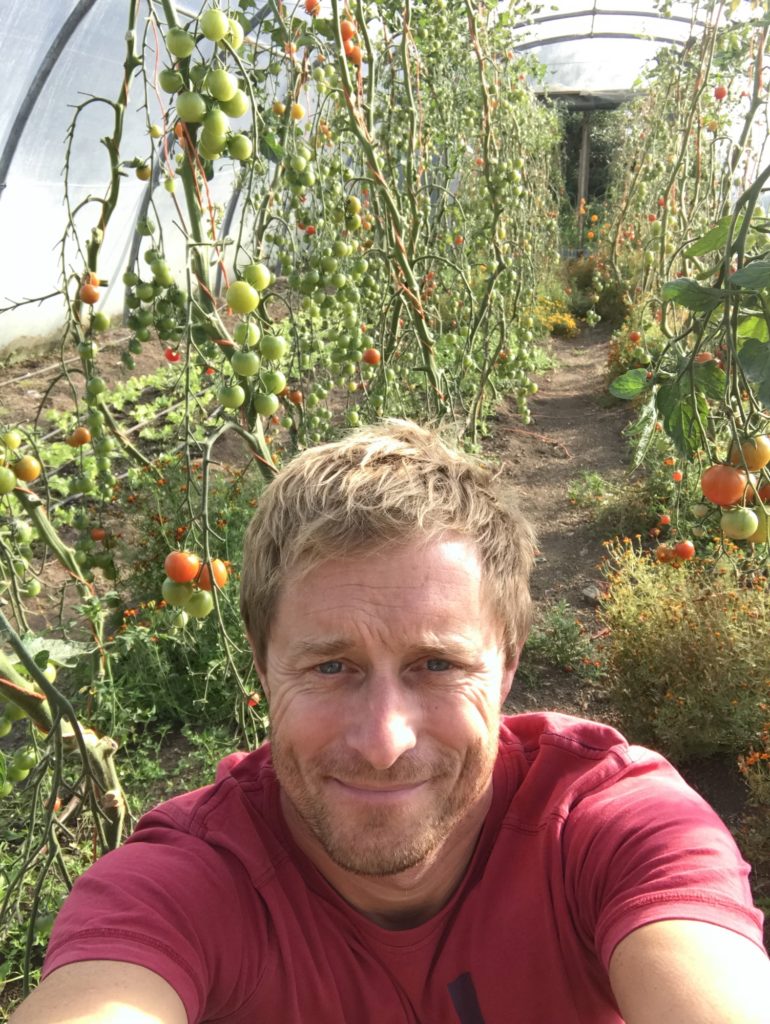
As plastic free July draws to a close I find myself thinking a good deal about the plastic packaging that the supermarket system of food retailing demands.
There were some pretty serious promises made by large retailers to appease consumer demand after David Attenborough’s blue planet documentary in 2017. Big business has become tremendously adept at hijacking good causes to improve the bottom line. This green wash, jumping on the band wagon and making promises that all too frequently are not kept is not good enough. It is dishonest and large retailers need to be held accountable.
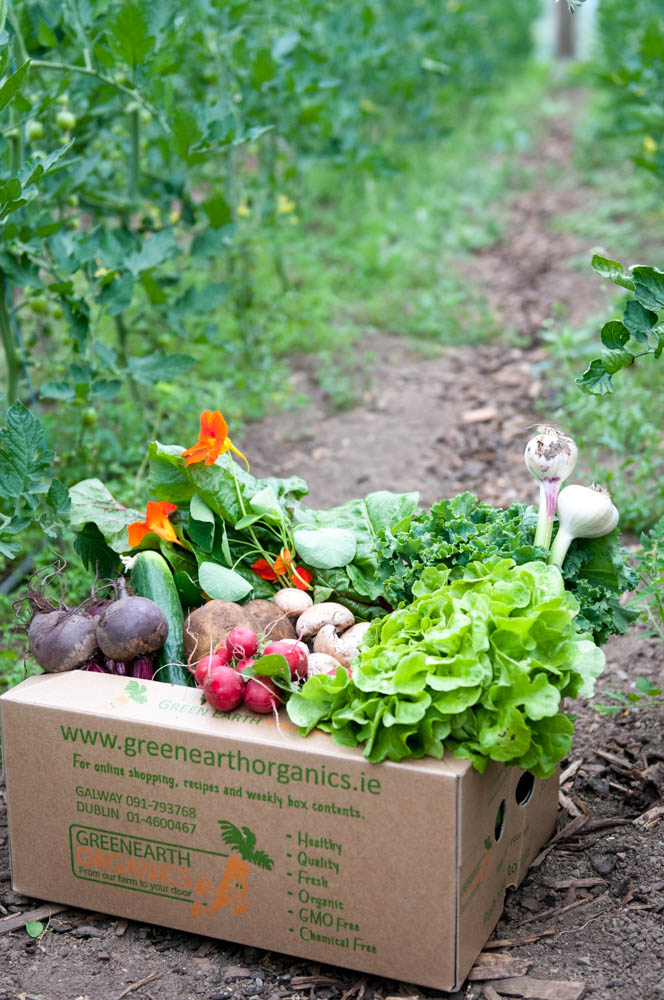
Single use plastic in our food system, chemicals in our food chain, animal welfare, and of course the biggest issue of our time, climate change, are not marketing devices to be used to improve profitability. These issues need to be tackled, they need to be taken very seriously and big business could be part of the solution, why would they not be? Ultimately being part of the solution will pay large dividends in the end both for the businesses and the planet. But those involved in green washing need to be taken to task for broken promises.
I am well aware of the argument that plastic is necessary to reduce food waste and there is some merit in this. But it is not a statement to hide behind. The statement too that ‘we have tried loose fruit and veg but consumers choose the plastic packs’ is not good enough either. Look at France, the majority of fruit and veg is sold loose or in compostable packs.
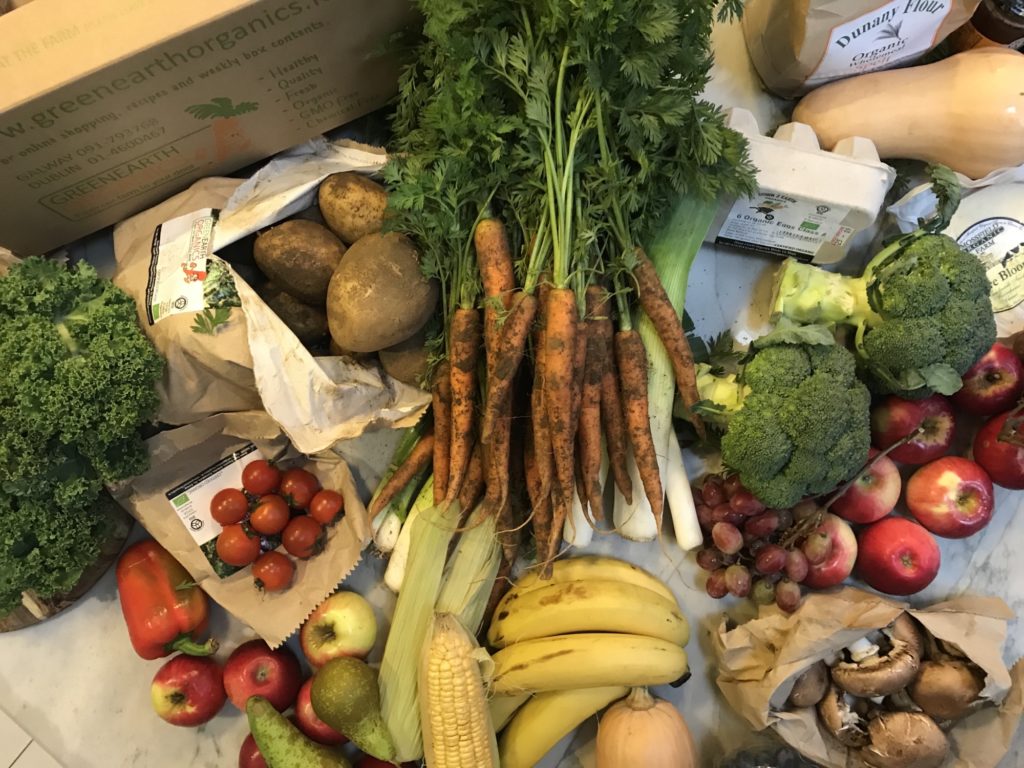
Any system takes time to change and rather than making empty promises, these large multiples could be investing in their farmers to help them change and switch to different packaging, paying a fairer price for the produce would obviously help too. Ultimately of course that may mean a little more for your cucumber or pack of carrots but is that really a bad thing? Our compostable bags are four times more expensive than their plastic counterparts.
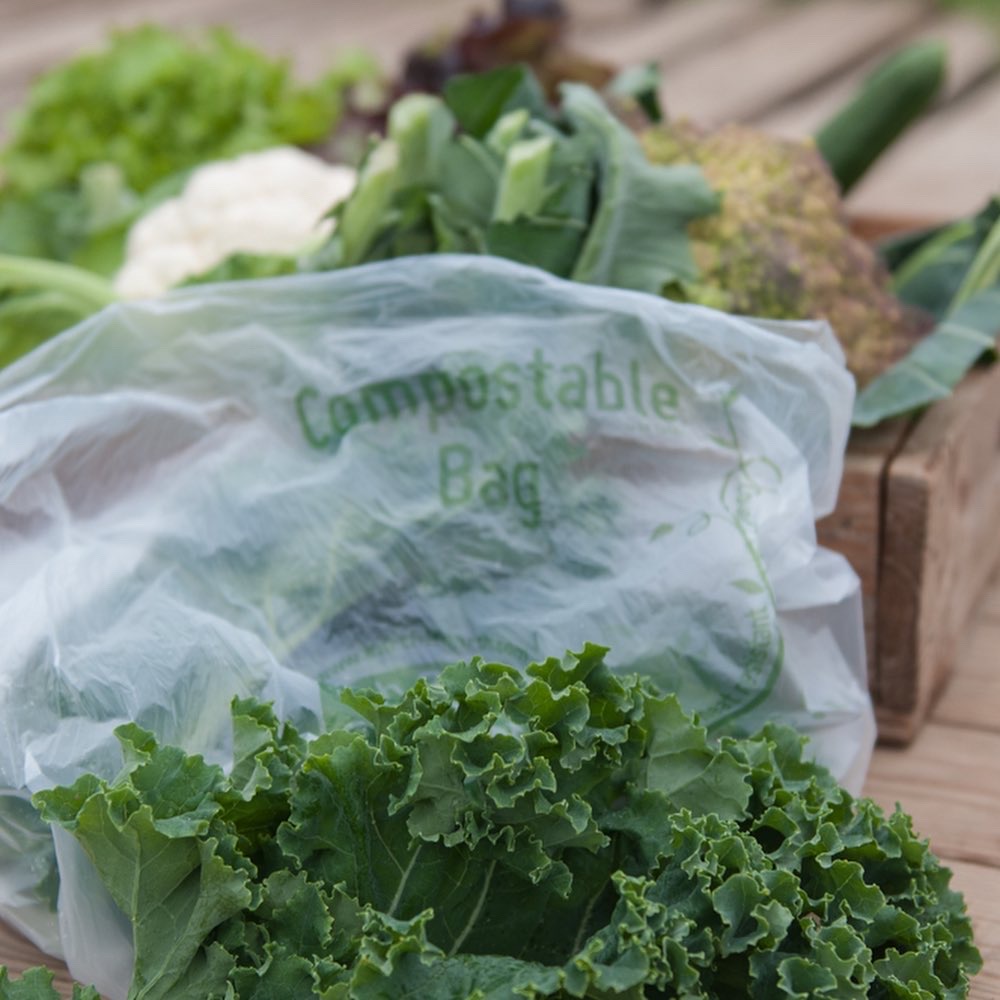
Ultimately the plastic clad supermarket aisles are a product of a food system that maximises profit for the end seller: the supermarket and nothing more.
As far as I can see nothing has changed in the last 5 years. if anything there is more plastic on the shelves now than there was 5 years ago when many of these pledges were made.
I remember looking at compostable bags back in 2006 but back then the materials could not be had. In 2018 we were the first company in Ireland to make all our fixed boxes plastic free and over 95% of all the fresh produce we sell is plastic free and will remain that way. Our plastic free grocery aisle continues to grow. But more than any of that our whole farming model is based around our reusable boxes that we collect and reuse each week.
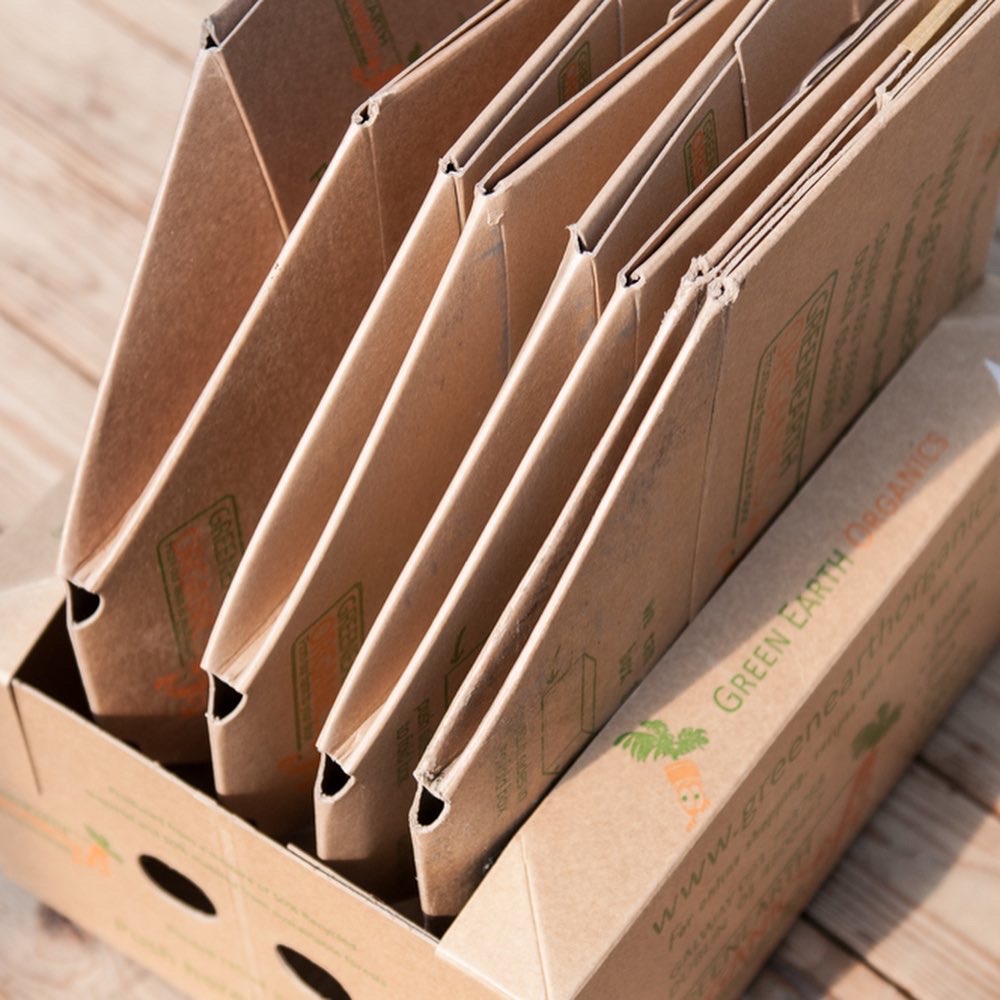
Your support has enabled this, thank you!
Kenneth
Here are all our links if you’d like to place an order or enter our competition to win an Irish plastic free box 👉 linktr.ee/greenearthorganics

